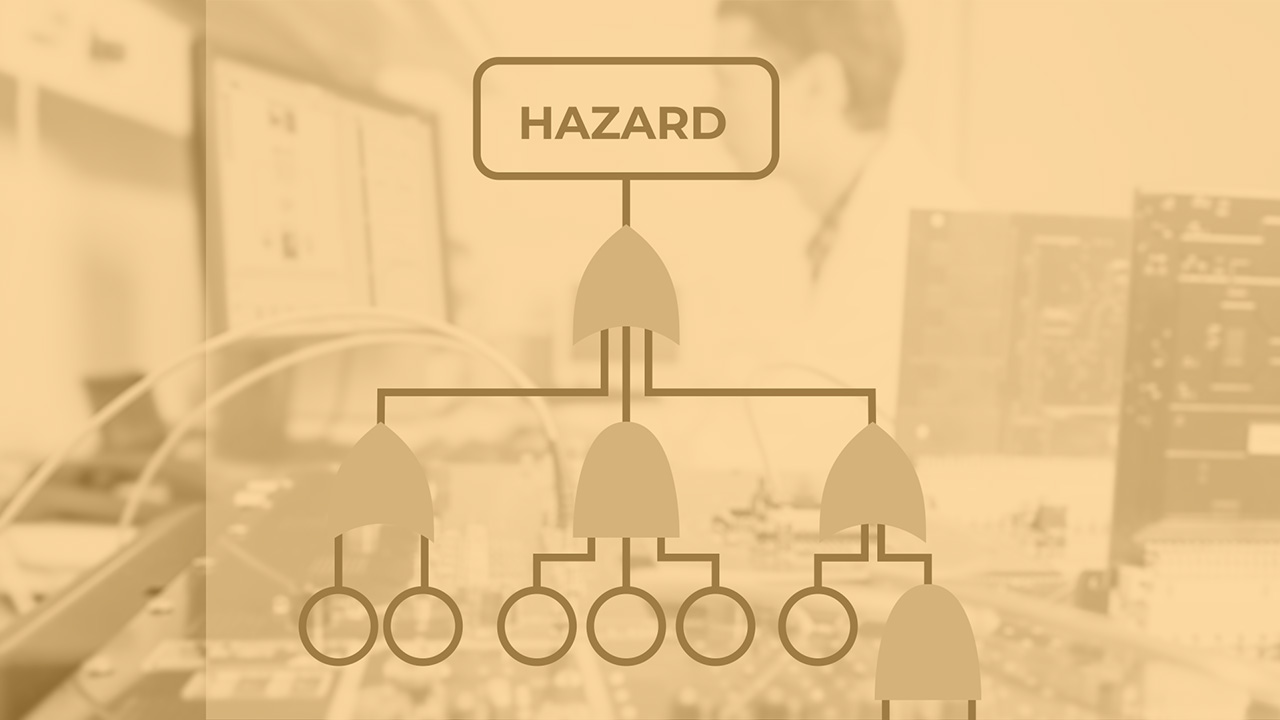Dr. Vladimir Marinković

Dr. Marinkovic is Safety Manager at the TTTech Auto AG; Functional Safety Instructor at the University of California San Diego; Assistant Professor at the Faculty of Technical Sciences - University of Novi Sad; and the Certified Instructor of NIT Institute.
Since 2018 his focus is Automotive industry and specifically Functional Safety as the affiliate of RT-RK Computer Based Systems, RT-RK Automotive, Serbia, and since October 2021 as the affiliate of TTTech Auto AG, Austria. There he took significant roles of safety architect, safety engineer and safety manager, which is also his current role where he, as a Safety Specialist ISO26262 issued by TUEV Austria in 2022, applies ISO26262 in complex automotive projects for the industry-leading worldwide design centers. He has significant experience (more than 10 years) in FPGA design and verification, embedded software, and system software and specifically Linux kernel programming as Linux Kernel and Driver Developer (Issued Jan 2016, Bootlin).
Dr. Marinkovic graduated and received M.Sc. degree from the Faculty of Technical Sciences, University of Novi Sad, Serbia, in 2009 and 2010 respectively. Dr. Marinkovic holds a Ph.D. in Electrical and Computing Engineering on automatic parallelization of sequential machine code from Faculty of Technical Sciences, University of Novi Sad, Serbia. Furthermore, he studied Safety Engineering at the FH Campus Wien, Vienna, Austria in 2020/2021.
At the Faculty of Technical Sciences, Novi Sad, Dr. Marinkovic teaches Embedded Linux and Linux kernel programming courses on attractive Raspberry PI platform. He authored more than 20 publications, holds several patents, and held several talks at European conferences and workshops.
His research interest is focused on both parallelization of programs for execution on multiprocessors and multi-core processors, and compilers. He was scholar of the Ministry of Science and Technology from the school year 2010/2011 for 4 years.
In the year of 2011, he was elected to the position of teaching assistant at RT-RK, Research and Development Institute for Computer Based Systems. In the year of 2015, he was elected to the position of teaching assistant at Faculty of Technical Sciences, University of Novi Sad, Serbia. In the year 2019, he was elected to the position of assistant professor at Faculty of Technical Sciences, University of Novi Sad, Serbia.
References
Marinković (Branislav) Vladimir, Popović (Vukadin) Miroslav, Đukić (Mirko) Miodrag; "An Automatic Instruction-Level Parallelization of Machine Code"; Advances in Electrical and Computer Engineering; Vol: 18, Br: 1, Str: 27-36, ISSN: 1582-7445; Stefan cel Mare University of Suceava (2018)
Popović (Vukadin) Miroslav, Đukić (Mirko) Miodrag, Marinković (Branislav) Vladimir, Vranić (Mirko) Nikola; "On Task Tree Executor Architectures Based on Intel Parallel Building Blocks"; Computer Science and Information Systems (ComSIS); Vol: 10, Br: 1, Str: 369-392, ISSN: 1820-0214; ComSIS (2013)
Kovačević (Radiša) Đorđe, Stanojević (Branko) Mladen, Marinković (Branislav) Vladimir, Popović (Vukadin) Miroslav; "A Solution for Automatic Parallelization of Sequential Assembly Code"; Serbian Journal of Electrical Engineering; Vol: 10, Br: 1, Str: 91-101, DOI: 10.2298/SJEE1301091K ; (2013)
Bjelica (Zdravko) Milan,Marinković (Branislav) Vladimir,Đukić (Mirko) Miodrag,Kaštelan (Ante) Ivan; "The method for adaptive video transmission with cameras in a vehicle"; P-2017/1119; Zavod za intelektualnu svojinu Republike Srbije
Peković (Dragoljub) Vukota,Mihić (Momcilo) Velibor,Marinković (Branislav) Vladimir,Stefanović (Miljko) Dejan; "The method for automatic selection of the test sequences of commands"; Patentna prijava broj P-2012/0536; Zavod za intetelektualnu svojinu
Courses
Find out how to figure out system safety issues by using various prescribed methods for the purpose.
This course will give you an overview and a classification of methods used to assess the safety of a system. Most common safety analysis methods are laid out and their workflows are described in detail. The course has a high practical dimension, with numerous examples including group work for course participants, which will conduct each method over a practical technical system of choice. The practical exercises would focus on the automotive domain, with analysis tackling specifics of hardware and software components in a system safety decomposition.
Course topics:
- Introduction to safety analysis methods, system model analysis
- Preliminary Hazard List (PHL), Preliminary Hazard Analysis (PHA), Failure Mode and Effect Analysis variants (FMEA/FMEDA/FMECA/Fu-FMEA), Functional Failure Analysis (FFA), Hazard and Operability Analysis (HAZOP), Fault Tree Analysis (FTA), Event Tree Analysis (ETA), Dependent Failure Analysis (DFA)
- New analysis in the context of ISO 21448 SOTIF, such as System-Theoretic Process Analysis (STPA)
- Key quantification (such as Safe Failure Fraction and Diagnostic Coverage)
- Hazard identifications, minimal cut sets, assessment of dependent failures and potential weaknesses
- Identification and analysis of common cause failures, Identification, and analysis of cascading failure, Assessment of their risk of violating a safety goal
- Mitigation: definition of safety measures
Modules:
Requirements
Hardware: Computer with Internet connection, working speakers and microphone.
Software: Chrome browser.
Prior knowledge: Students should have basic engineering knowledge in either one of the following disciplines: electrical engineering, computer engineering, or mechanical engineering.







